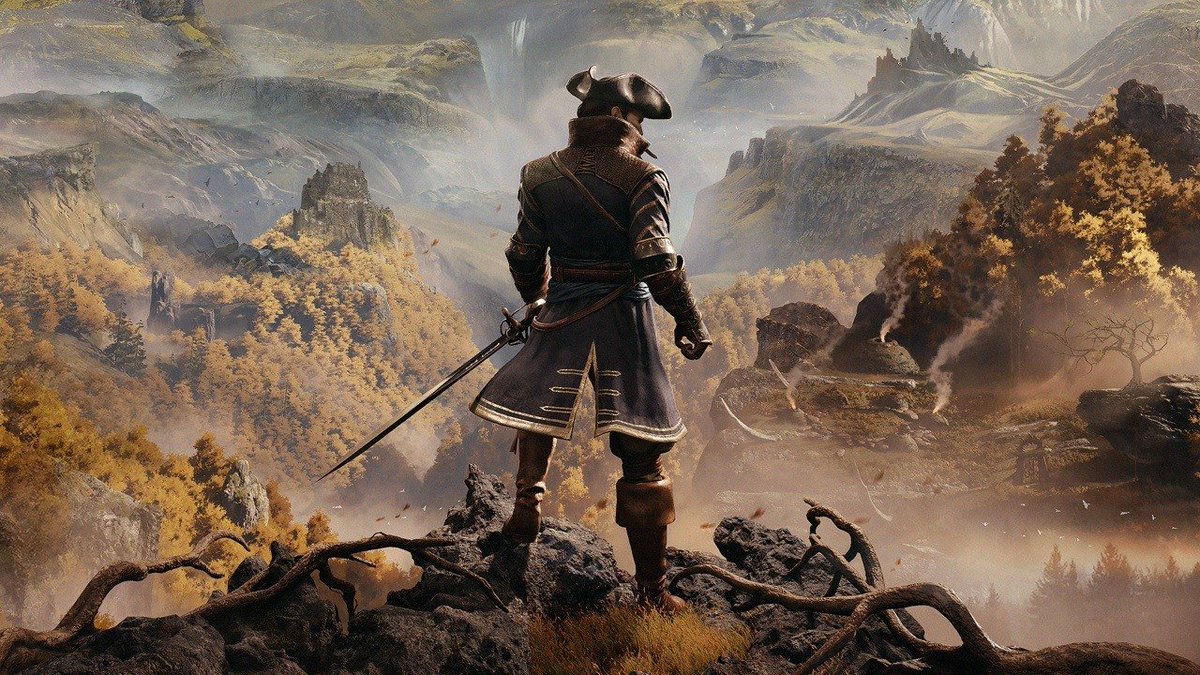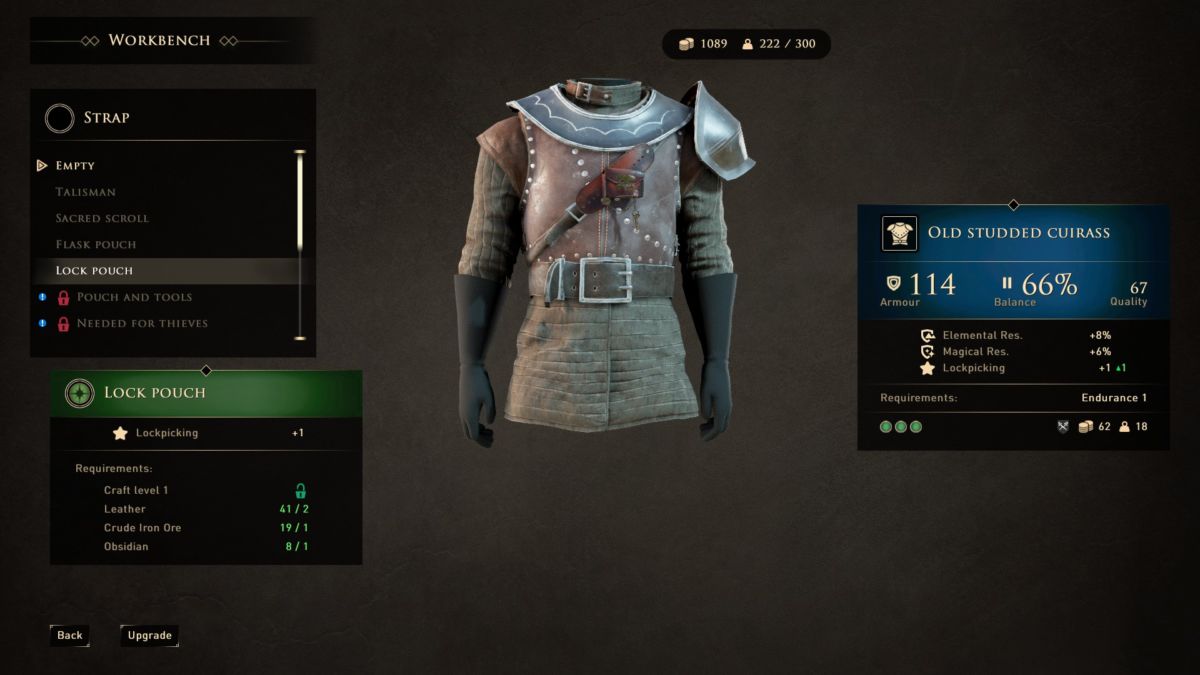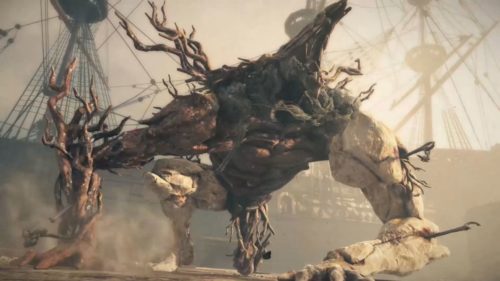
Developers Spiders have slowly started to make a name for themselves as the kings of the quirky and interesting, but ultimately somewhat flawed RPGs. This largely holds true with their latest title, GreedFall, as well, and were it not for some rather big blemishes, this game could have reached very far indeed.
A good example of the game’s originality is the setting itself. While we have no shortage of galaxy-spanning action RPGs or games set in alternate Middle-earths, Spiders chose to stage GreedFall in a renaissance era fantasy world. Not only that, it casts the player as a member of a high-ranking family who heads the Congregation of Merchants, so not an orphaned farmer’s boy or a soldier with a mysterious past.
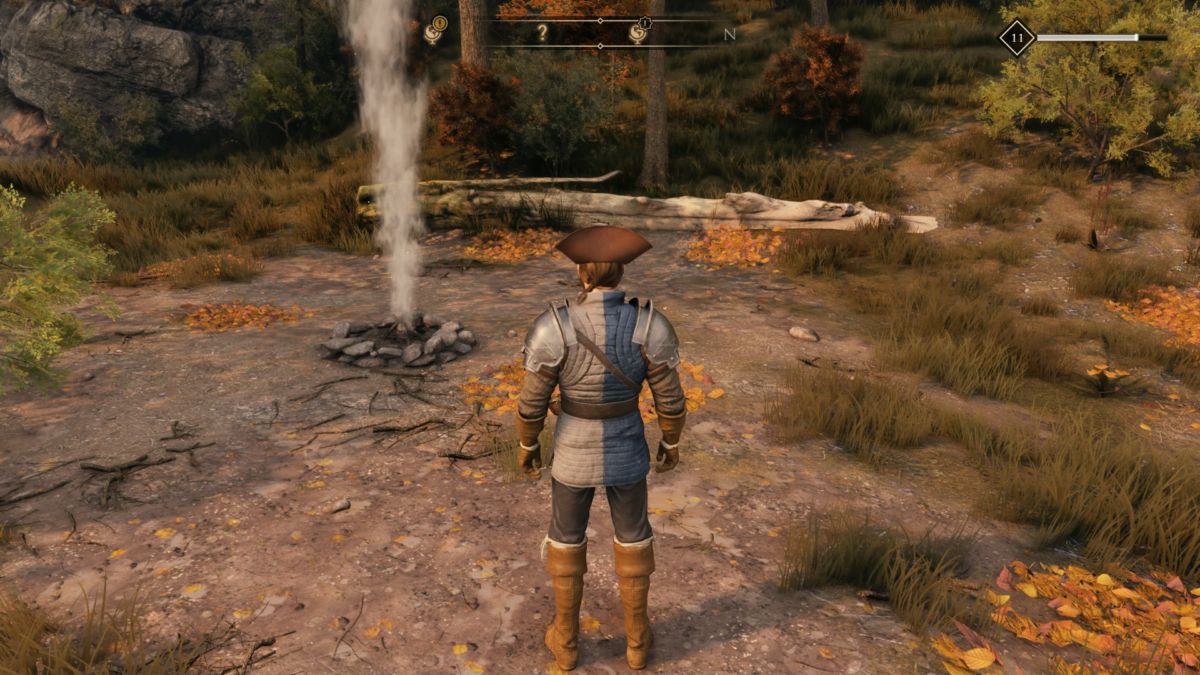
These merchant families make up one of the more powerful factions on the Continent and often mediate between the Kingdom of Theleme and the Bridge Alliance: the two other major powers. It all feels very much like Spiders took a long look at how the Medici family operated out of Florence throughout European history. Your family, De Sarde, much like De Medici, navigates the world through diplomatic treaties and use trade agreements to stay in power and influence the outcomes of wars.
What’s intriguing about the setting and the way GreedFall handles it is that it’s not just a cosmetic change. Spiders didn’t just replace orcs and broadswords for muskets and rapiers, they took time to make a world that is very politically intriguing — there are a ton of factions with hidden plots and machinations to consider as you make your way through the world. Moreover, the characters you bring with you and your relationship(s) with them play a large part in how things play out.
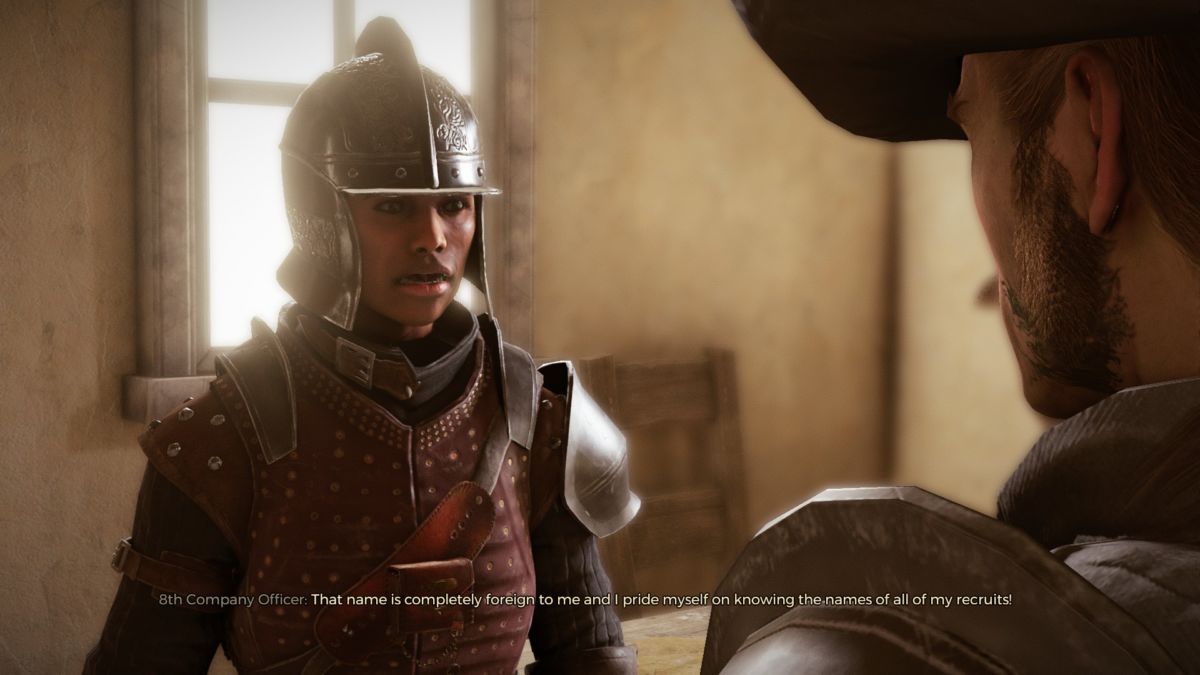
After a lengthy prologue (I spent around 8 hours here) in the city of Serene, you are sent to a newly founded colony on the island Teer Fradee to help out governing and dealing with the diplomatic relations that exist on the island together with your cousin Constantin. While the introduction is lengthy, I never felt that it was holding my hand. You start out as a rather capable young man or woman and your first mission is to engage in diplomacy with the ambassadors of the other major factions in GreedFall. You soon find yourself entangled with inquisitors from the Kingdom of Theleme and uncovering scientific frauds for the Bridge Alliance, and very little is as it initially seems.
Once your business has been dealt with in Serene, you are sent to the colony of New Serene, and, surprise: more plots and intrigue await. On the island, Theleme and the Bridge Alliance have come to a truce but tensions are high and they constantly seek to weaken each other, especially since it turns out that the native population is not all that thrilled to have that many imperialist powers on their land.
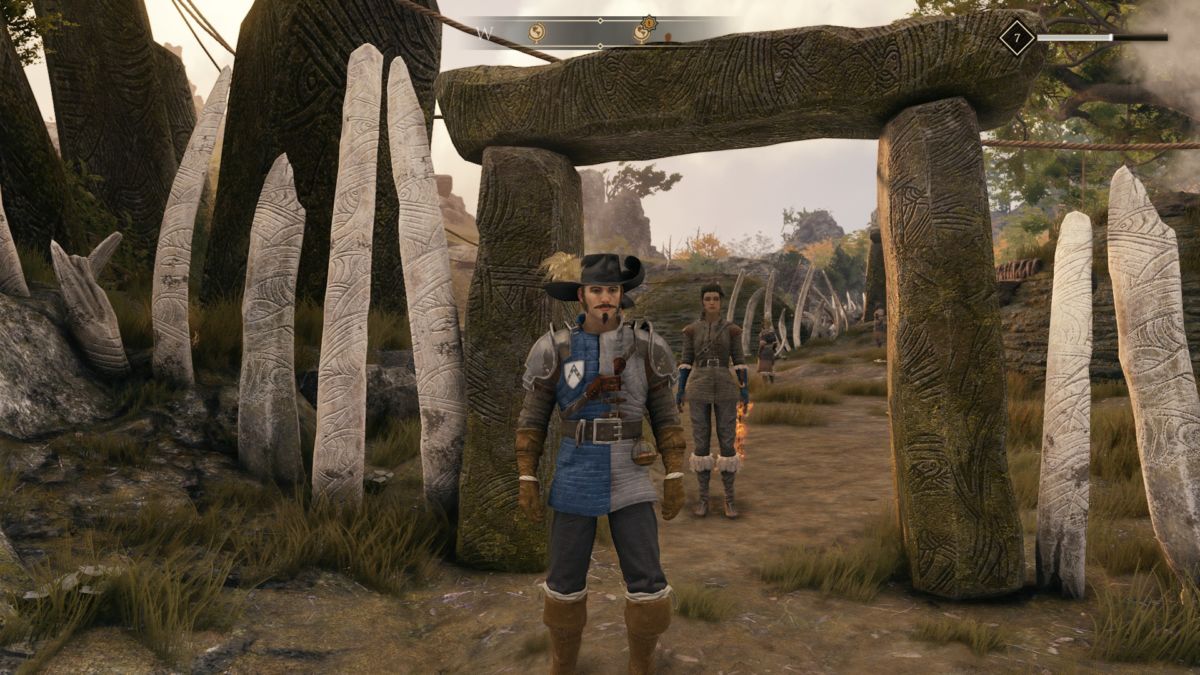
The Kingdom of Theleme is hell-bent on converting them to their faith while the Alliance wants to use the native population for scientific research. Smack in the middle of all this is the Congregation, who try to keep some amount of peace and order while still exploiting the land for their own gain. Plenty of dark stuff to cover and uncover, in other words.
Adding to the complexity of these relations are your companions, who have their own allegiances and motivations that can impact the outcome of quests and the story at large. One example occurs in the early game, as you’re going on a diplomatic mission to Hikmet, the Bridge Alliance colony on the island. It just so happens that one of your companions at this point is a native princess who is at war with the Alliance. Do you bring her with you, jeopardizing the neutral relations the Congregation has with the Alliance? Or is it better to let her stay behind this time so as not to ruffle any feathers? GreedFall is full of these small and interesting choices which make the world feel real and lends more gravitas to the story and its characters.
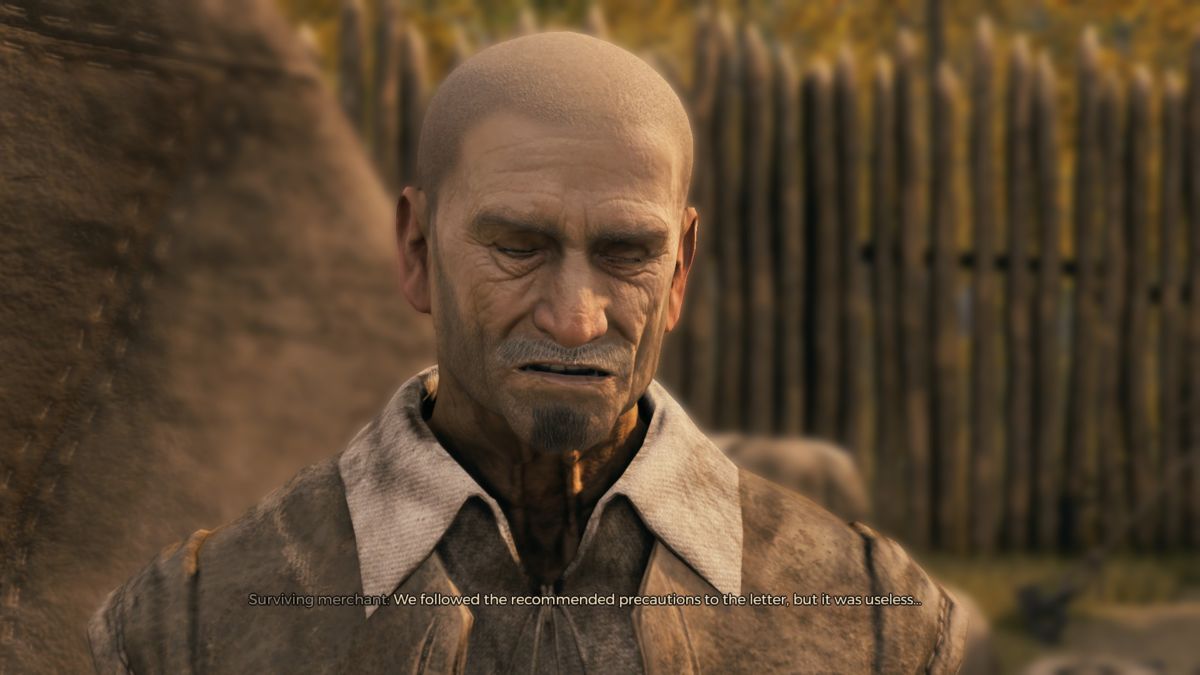
Even more impressive is that your companions will speak their minds about what you do, something I’ve been advocating for in RPGs for years. They are the first to point out that taking some course of action might not be the smartest way to go about taking care of business and they suggest other ways of doing it instead. They aren’t, at least in a narrative sense, just mindless slaves following you around. Characters, including the player, have a role and an assigned job to do and they will act accordingly.
For instance, in one side quest, you uncover that a captain of the Bridge Alliance has betrayed some of their secrets to the Kingdom of Theleme, and the way GreedFall handled the conclusion of the quest had me very impressed. Other RPGs would almost certainly have made this a moral choice for the player; do you turn the captain in and reveal his betrayal to the Alliance or do you favor the Kingdom in this debacle and keep the betrayal a secret?
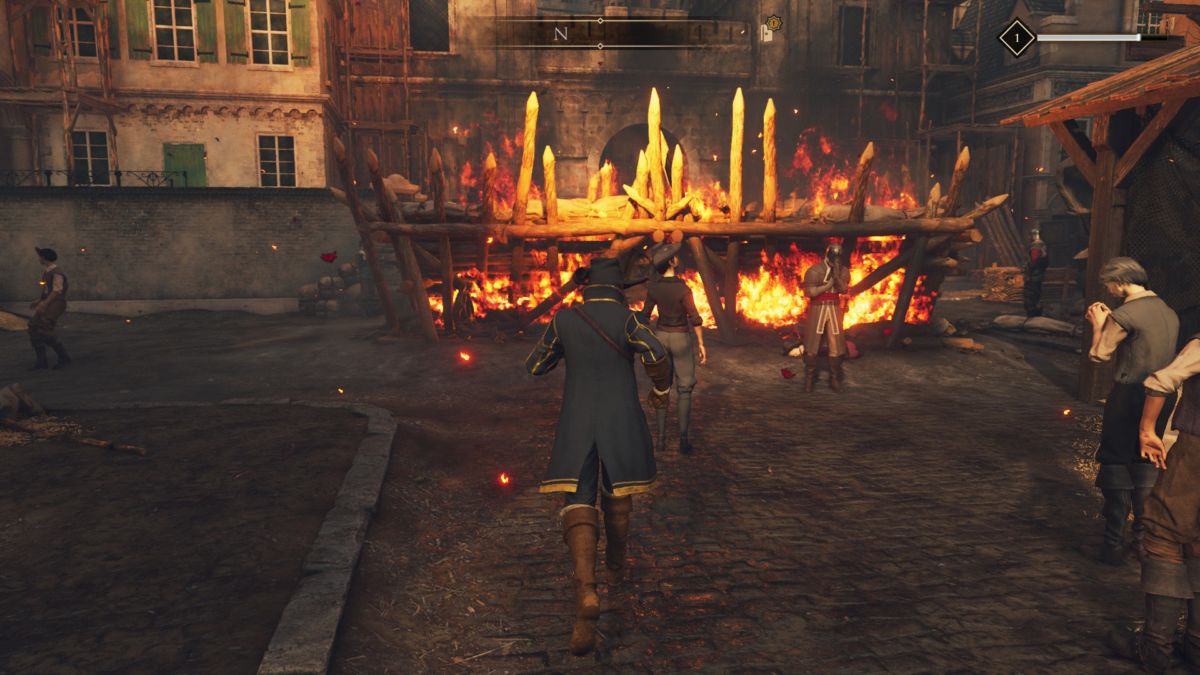
In GreedFall however, you’re a neutral party, so you use the information to get what you want from the captain but after that, you have little to no interest in how these two factions deal with each other. Their fighting and spying have no bearing on the Congregation at this point, so there is no reason why your character should care about it. Things like this feel like fresh air in a genre that’s overstuffed with moral choices and activities that have consequences as soon as you step out of the door. Don’t get me wrong, GreedFall has those choices too, but they are placed where they make more narrative sense rather than to just fill up some “Good Guy” vs “Bad Guy” meter.
The RPG mechanics also play into how you solve quests, though it’s mostly standard fare. Charisma lets you convince opponents easier and Lockpicking allows you to access locked paths and chests. Spend a lot of points in Craftsmanship, and you can repair broken machinery to open doors or help out a merchant. Study the sciences and you can make powerful bombs to open up inaccessible paths or brew potions to knock out guards. You have a lot of freedom in the way you choose to progress. While you start out as one of three archetypical classes (ranged, magic or melee), nothing in the progression is locked away behind classes and you are free to play around with the skills as you desire.
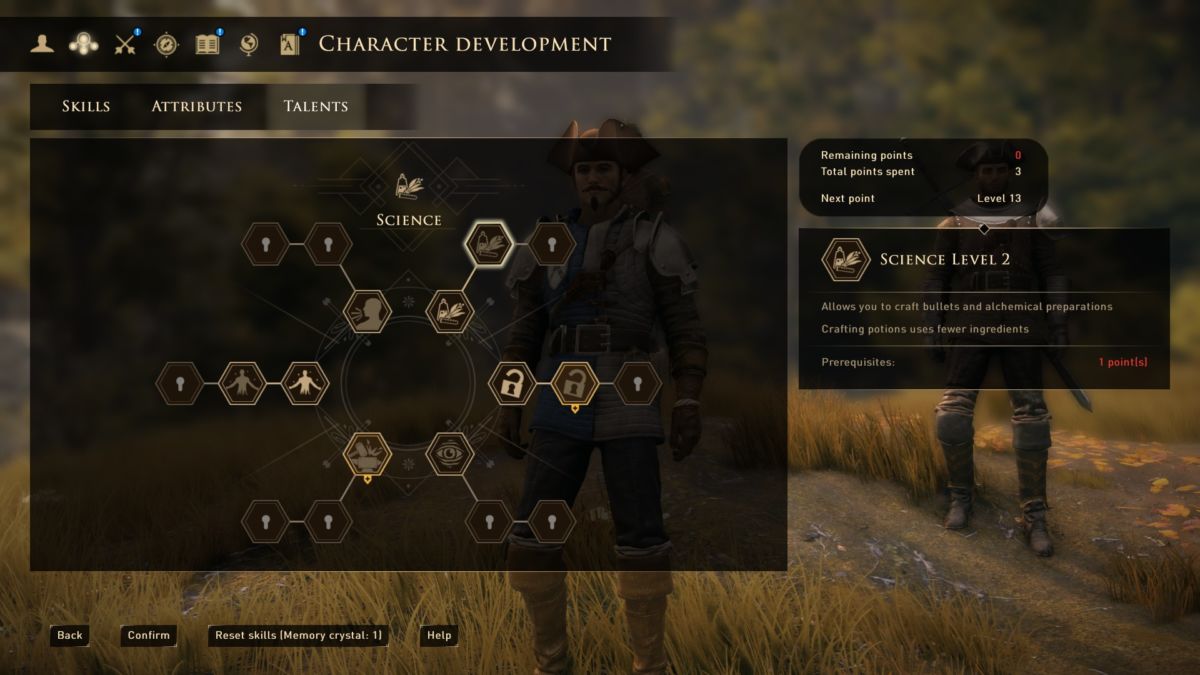
Where GreedFall stumbles the most is in the visuals and the overall gameplay, which both just feel unpolished and dated. The combat, for instance, is clunky and can feel very sluggish at times. It’s as if they had ambitions towards making a more intricate The Witcher 3 in terms of combat, but never really got there. You can dodge, parry and make use of magic and ranged weapons, though none of it feels very smooth and easy to engage with.
The saddest part about the combat is that there are good ideas underneath all of the rough edges. The bandits and monsters you end up fighting have a lot of ways of reacting to incoming attacks. Shooting a running opponent will likely make him unbalanced and maybe even knock him to the ground. Likewise, hitting enemies with heavy weapons from behind and flanks can also affect them in similar ways.
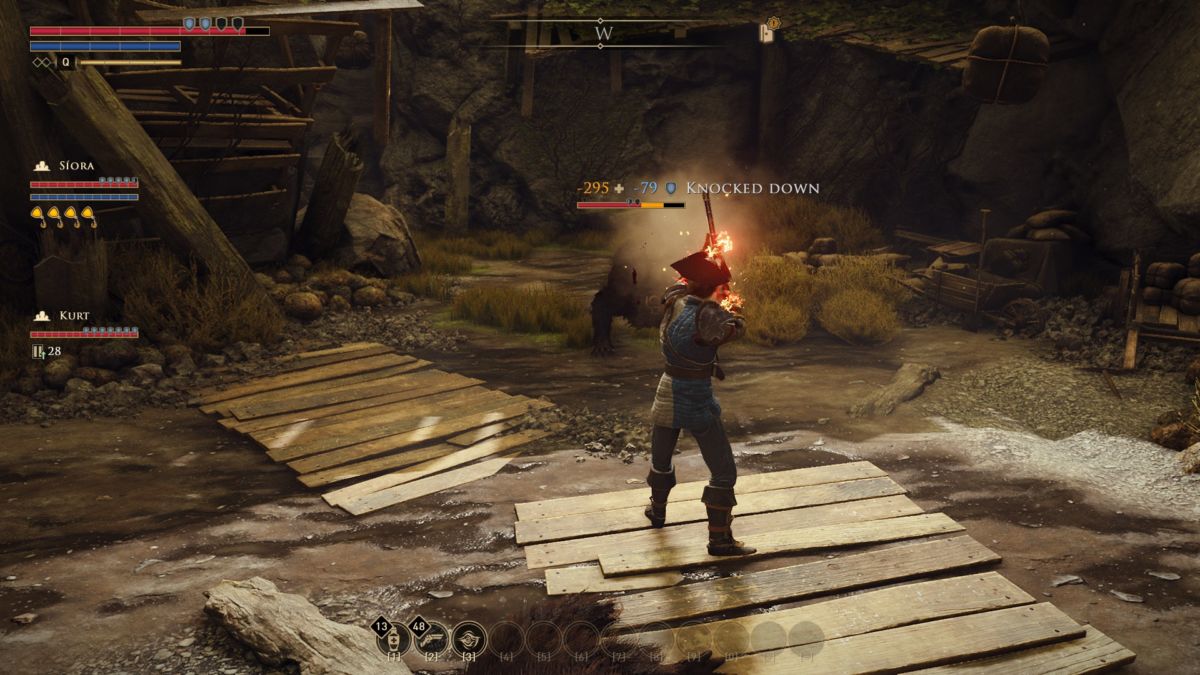
GreedFall also has a rather interesting health system, where armor plays a large part. Basically, all characters and enemies have a health bar and an armor bar, as long as you have armor the health damage will be reduced. Finding ways to both cracks open an enemy’s armor and do enough damage to its health is key to taking down tougher beasts. It just doesn’t come together very well. With so many different systems and statuses to affect both you and the things you are fighting, one would think that the combat could be rather tactical and intense. This is far from the case, however, most encounters offer little real challenge and can often be brute-forced through excessive potion chugging or musket fire.
The visuals are likewise underwhelming with GreedFall looking like a HD remake of a last-generation title. The textures are muddy, the effects are nothing to write home about and the animations are distractingly stiff. The lower budget also makes itself known here, as a lot of geometry and faces are recycled throughout the game. In many ways, it feels like going back to Oblivion or Skyrim, but without the open world.
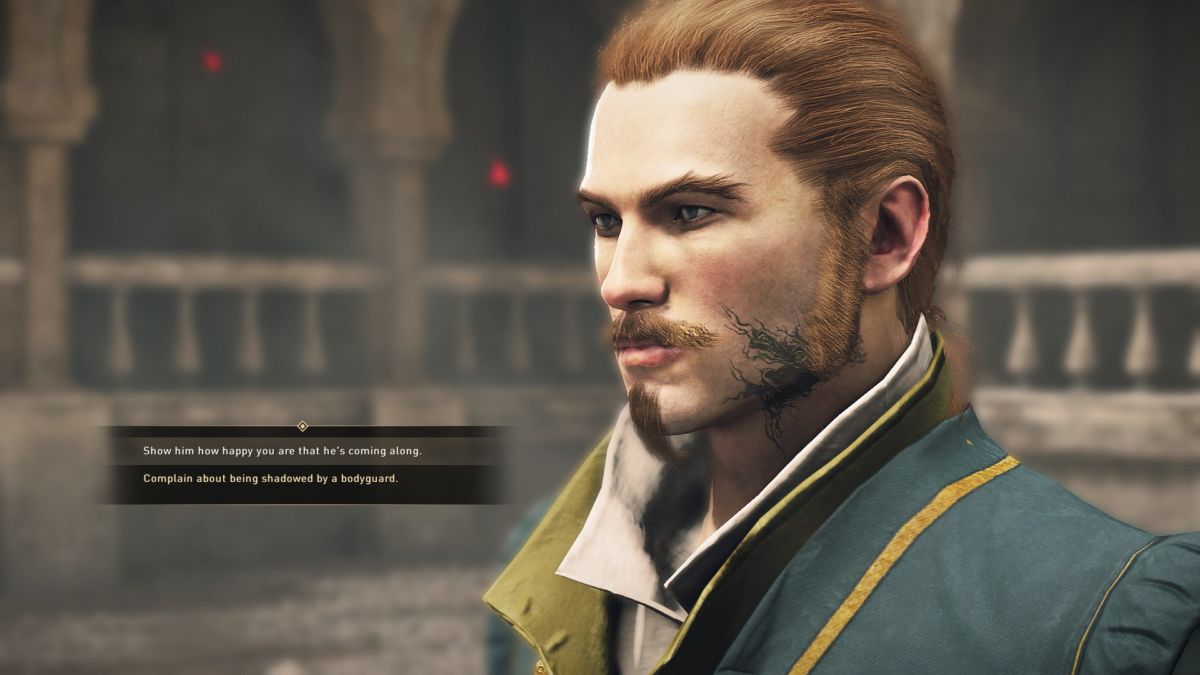
There isn’t much in GreedFall that looks great from a technical perspective, which is unfortunate as I think the overall art and design is fantastic. This is especially clear when looking at some of GreedFall’s exceptional skyboxes. Some of the cities in this game are up there with Bungie and the best of the Halo series when it comes to good looking scenery. Spiders have the art chops, but it’s obvious that they are working with an old engine and perhaps a tighter budget than others making these types of games.
There are also plenty of rough patches in the moment to moment gameplay. For instance, there’s an alchemical item that allows you to blow up weak walls, which comes in handy in many quests and usually used as an alternate route to an objective. The problem is that the prompt for using it is the same as opening doors, which in turn happens automatically if you run at them. This means that as you sprint around towns or caves, you will sometimes just hear booms behind you as your character automatically blew up a wall you ran past.
Likewise, playing the game on a gamepad is essential as the mouse and keyboard controls just adds another layer of stiffness you’d best avoid. However, at the time of writing, it seems GreedFall has a lot of trouble detecting many different pads. For myself, the issue was resolved by simply plugging in the controller rather than using it wirelessly, but others have not been so lucky. It just feels unfinished in an age where most if not all games with gamepad support just work automatically with an Xbox controller.
Despite some wonky controls, technical difficulties and a rather unpolished feel, I still largely enjoyed my time in GreedFall. The story is interesting and the characters also add a lot of flavor to the overall plot. For me, the game in GreedFall is the characters and their relation to each other, as all the other parts are flawed and rather weak, especially compared to other games in the genre.
The combat and the exploration isn’t so bad to the point it’s unplayable, it’s just bland and uninteresting. If you can look past those blemishes, GreedFall offers you many, many hours of enjoyable characters and intriguing court drama. After all, it’s just a lot of fun running around as a fantasy version of Cosimo De Medici, turning enemies to allies and signing diplomatic treaties while uncovering the secrets of this new land, as clunky as it may be.
If you’ve been playing and struggling with Greedfall yourself, check out our tips piece right here.
A Steam key was provided by PR for the purposes of this review.
Some of the coverage you find on Cultured Vultures contains affiliate links, which provide us with small commissions based on purchases made from visiting our site.
